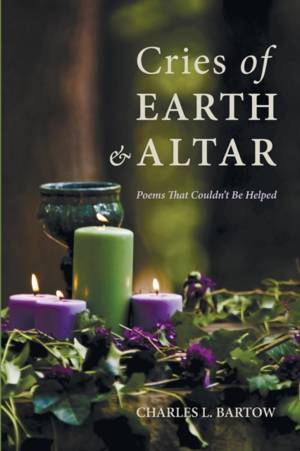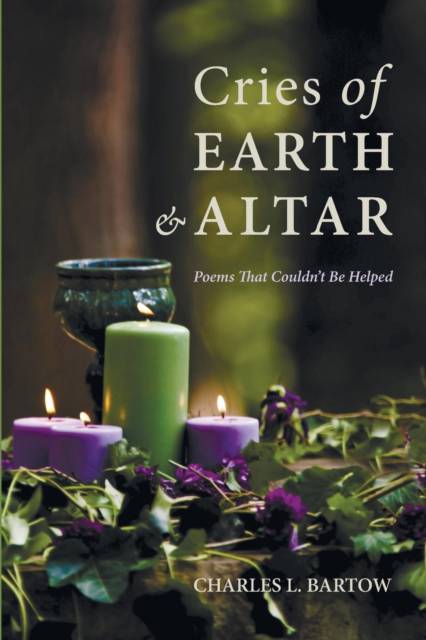
- Afhalen na 1 uur in een winkel met voorraad
- Gratis thuislevering in België vanaf € 30
- Ruim aanbod met 7 miljoen producten
- Afhalen na 1 uur in een winkel met voorraad
- Gratis thuislevering in België vanaf € 30
- Ruim aanbod met 7 miljoen producten
Zoeken
€ 26,45
+ 52 punten
Uitvoering
Omschrijving
The poems of Cries of Earth and Altar speak of human laughter, mystery, work, play, sorrow--and even rage--as an oblation set upon heaven's high altar, which, as Calvin noted, is Christ himself. Upon that altar, the cries of earth are made a cry of glory, "Abba, Father" (Mark 14:36; Rom 8:15)! With the exception of those poems labeled "out of season," each poetic text is given a place in the Christian liturgical calendar: Advent-Epiphany, Transfiguration Sunday, Lent-Pentecost, and Ordinary Time. In the concluding essay, poetry and preaching are spoken of as fragile indicatives that implicitly call into question all claims of inviolability and permanence for humanly wrought systems of thought, common life, and governance. They survive as verbal, vocal, and physical gesture, as ink turned into blood.
Specificaties
Betrokkenen
- Auteur(s):
- Uitgeverij:
Inhoud
- Aantal bladzijden:
- 140
- Taal:
- Engels
Eigenschappen
- Productcode (EAN):
- 9781625649461
- Verschijningsdatum:
- 12/11/2014
- Uitvoering:
- Paperback
- Formaat:
- Trade paperback (VS)
- Afmetingen:
- 152 mm x 229 mm
- Gewicht:
- 217 g

Alleen bij Standaard Boekhandel
+ 52 punten op je klantenkaart van Standaard Boekhandel
Beoordelingen
We publiceren alleen reviews die voldoen aan de voorwaarden voor reviews. Bekijk onze voorwaarden voor reviews.











